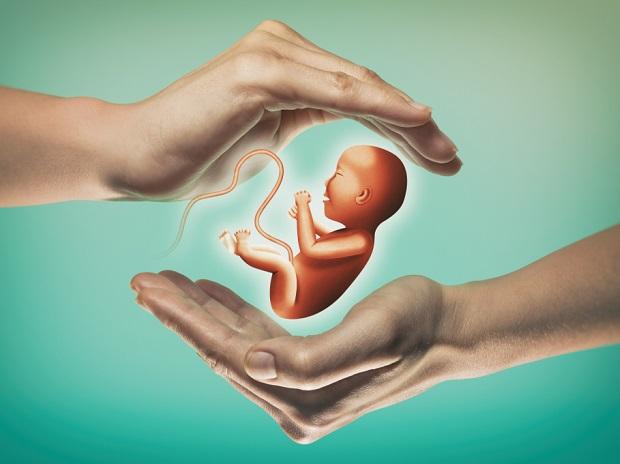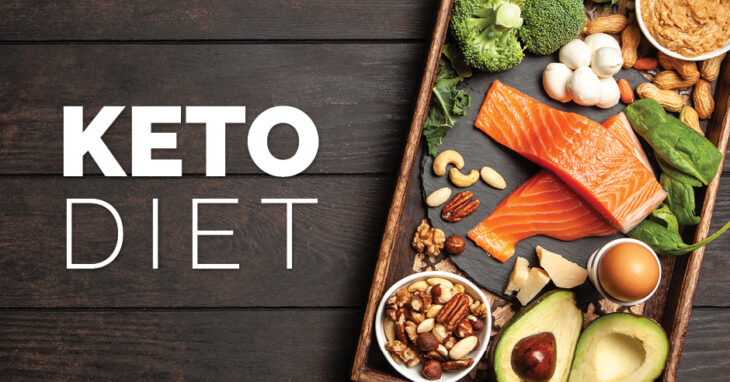Breast milk is a superfood for the little one, there’s nothing that can replace or substitute mother’s milk as a source of nutrition for the child. But do mothers’ need to be mindful about what they eat, drink and consume? Does that affect the quality, quantity, and nutrient value of the milk? A mother is a milk making machine, period. Nursing mothers get hunger pangs quite frequently, this is due to the number of calories used as fuel to make one single ounce of milk for the bundle of joy. All lactating mothers must take a nutrient-rich diet, in order to provide quality fuel for milk making. Lactating cookies, treats, and other supplements can be used to aid the nutrient content of the milk and it can also increase production.
Telling you the truth, breast milk will still be of top quality even when the mother’s diet or health isn’t great, as the milk production system is designed to take the missing nutrients from the mother’s body so it won’t compromise on anything. If a mother’s diet is well-balanced, then she can replace those nutrients and vitamins used for making the milk, keeping her strong, healthy, and active. But if the diet isn’t nutrient-rich, it’s unbalanced and unhealthy then the mother will be irritated, weak, fatigued, and tired all the time. Including things like lactating cookies, lactation drinks, supplements, and other treats to your diet can have a lot of positive effects on your health as well as the quality and quantity of milk.
Breast milk is live and active unlike baby formula milk, it changes its consistency, nutrient value, and other contents as per the requirement of the child. According to research and studies, breast milk consists of up to 83% water, 1% protein, 7% carbs, and 3.8% fat, all in all, giving 60-75calories for every 100 ml. In order to provide quality milk to the child, mothers must take care of their diet as they’ll need approx. 500 more calories per day.
Healthy Diet Pro Tips for Nursing Mothers
With a newborn baby, infant, or toddler to take care of, it’s understandable for mothers to neglect themselves and their health especially if there’s no domestic help or support system. But taking care of yourself is pivotal otherwise you’ll be more exhausted, fatigued, lose weight drastically and not feel well and active. This can take a toll on not only your physical health and strength but also your mental health. The first thing to keep in mind is to try and maintain a healthy, balanced diet all along. Eat at least 3 full meals and 5 small meals a day. Snack on healthier options like banana chips, nuts, and dates, rather than junk foods.
Make sure the larger portion of your meal consists of cereals, fruits, vegetables, lean proteins like chicken, lamb, beef, whole grains, nuts and seeds like flax seeds, hemp seeds, walnuts, almonds or chia seeds, fiber-rich foods like beans, lentils, buckwheat, quinoa, butternut, sweet potatoes, dairy products like milk, almond milk, coconut milk, yogurt, cheese and curd and other foods like kimchi, dark chocolate tofu, and sauerkraut. Limit the intake of empty calories which don’t do any good to neither you nor your child. Adding fish is also a great option as it’s rich in omega-3 fatty acids. Make sure you take in enough calories to fill in the void of the extra 500 calories.
Another pro tip for a healthy mother and a happy child is to include milk-making foods in the diet. Many of the foods mentioned above are sneaky, they not only promote good health but also aid in a healthy supply of milk. Foods like chickpeas, dark green vegetables, red or orange root vegetables, mushrooms, legumes, avocados, and oatmeal. Mothers must also regulate their water supply, as I told you earlier, 83% of breast milk consists of water so you can feel dehydrated, fatigued, and even constipated if the water intake isn’t sufficient. Take anywhere between 10-14 glasses of water to stay hydrated.
How to Get Yourself Sorted?
As we have gone down the road to the basics, rudimentary things like what to eat, drink, and why each is important let’s take a deeper look at the specifics. There are two types of nutrients present in the mother’s milk, depending heavily on the extent of each’s secretion into the milk. Group 1 nutrients are important for the baby as well as the mother, if the supply of these nutrients is limited, mothers must supplement them because if they’re not present in good quantities in the body, they won’t be as readily available in the milk as well. Whereas the Group 2 nutrients are most beneficial for the mother’s well-being. If the mother supplements these nutrients, they won’t end up in the milk.
Group 1 nutrients include- Vitamin B1 present in fish, seeds, nuts, Vitamin B2- present in cheese, oily fish, eggs, Vitamin B6 present in potatoes, dried fruits, bananas, chickpeas, Vitamin B12 present in yogurt, liver, crab, shrimp, Choline present in peanuts, beef and chicken liver, Vitamin A present in carrots, sweet potatoes, Vitamin D present in cod liver oil, Selenium present in turkey, whole grains, seeds and Iodine present in iodized salt, dried seaweed.
Group 2 Nutrients include- Copper present in organ meats, beans, nuts, Calcium present in leafy greens, cheese, curd, legumes, Zinc present in oysters, nuts, dairy, and Folate present in avocados, lentils, asparagus, and beans. So, if your diet is enriched with Group 1 nutrients then the milk produced will also have a good quantity of these and if the diet is depleted from these then your body will suck them from the mother’s bones, muscles, and tissue. The best part is that your baby will always get his/her fill, you just have to make sure you have enough to give your baby as well as your own self.
Bottom Line
Nursing the little one is a tough, full-time job that has to be done with mindfulness. A good nursing venture can only be possible if the mother’s diet is healthy and balanced. Trans fats, empty calories, alcohol, smoking, and drugs must be excluded from the diet and it should be based on the above-mentioned foods.
The post Healthy Diet Tips for Lactating Mothers appeared first on HubPost.















